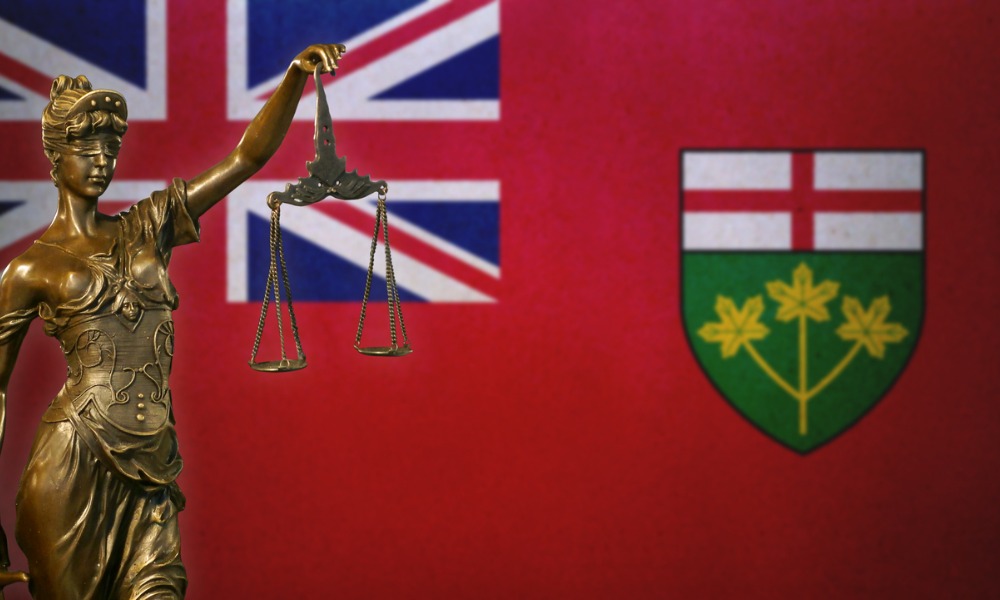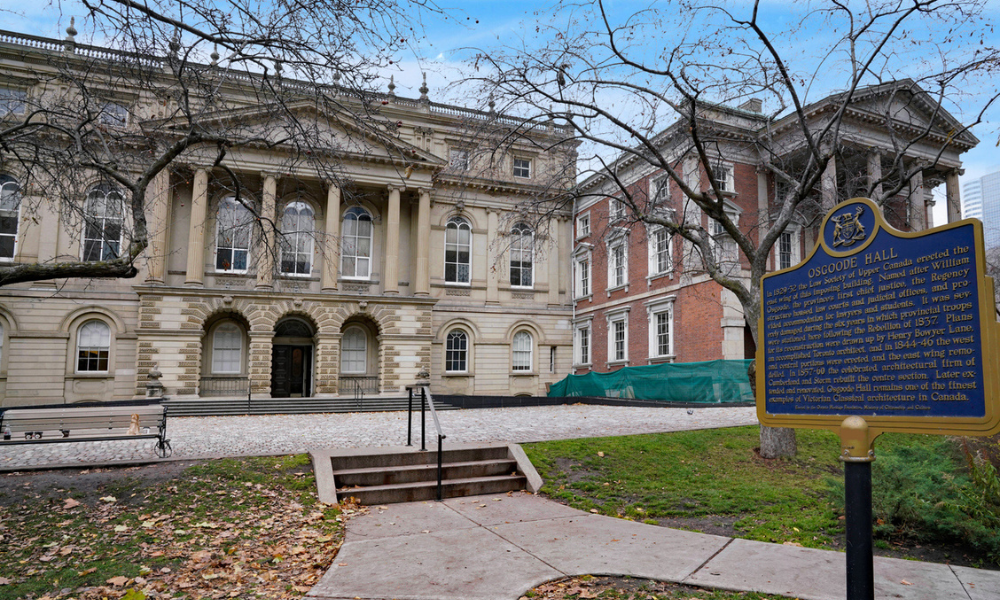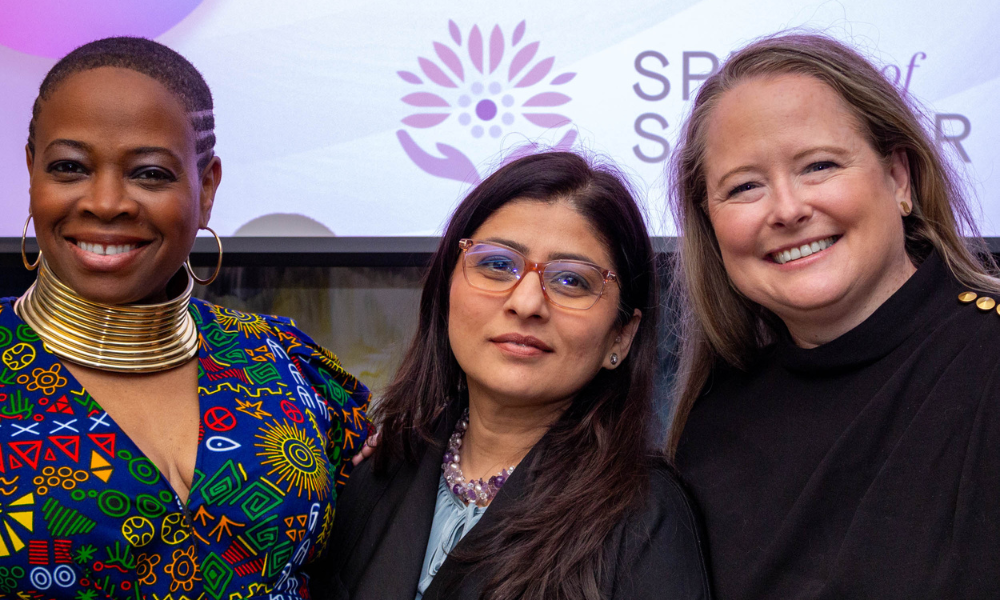The new leader of one of Canada’s top legal organizations for women says that hate speech and “cyber misogyny” have created new areas of advocacy amid the #MeToo movement.

The new leader of one of Canada’s top legal organizations for women says hate speech and “cyber misogyny” have created new areas of advocacy amid the #MeToo movement.
Megan Stephens officially stepped into her office on June 3 as executive director and general counsel at the Women’s Legal Education and Action Fund, located on Dundas Street in downtown Toronto.
It’s a role where there’s little time to ease in — amid the release of the Final Report of the National Inquiry into Missing and Murdered Indigenous Women and Girls. Stephens met on her first day with lawyer Mary Eberts to discuss the report’s finding that “persistent and deliberate human and Indigenous rights violations and abuses are the root cause behind Canada’s staggering rates of violence against Indigenous women, girls and 2SLGBTQQIA people.”
Stephens herself just finished a public inquiry into the Safety and Security of Residents in the Long-Term Care Homes System, a probe that began after a registered nurse in a long-term care home was convicted of multiple offences including first-degree murder, attempted murder and and aggravated assault.
“I’m motivated because there needs to be a voice for those people and they need to have strong and effective advocates,” says Stephens. “Being a strong voice in the courtroom . . . that’s what keeps me going. It has an impact on the real lives of the people in the system, whether they want to be in the system or not.”
While the #MeToo movement has raised the profile of organizations such as LEAF, Stephens says there is much work that remains to be done, including the “shocking” shortfall in pay equity in Canada and preventing the rolling back of women’s access to reproductive health services that has happened in the United States this spring.
“If that comes north, LEAF will be there fighting,” she says.
Stephens says LEAF is also trying to combat internet-based hate speech such as “cyber misogyny” and how courts will treat so-called revenge porn under the Criminal Code.
She says she will also look at whether it should move beyond appellate work and participate in more test cases.
“In my experience, intervenors take a case to the next level to make the judges think about the effects on society more broadly,” says Stephens.
“LEAF has a key role in advocating in legal reforms and appears regularly before parliamentary and senate committees in Ottawa. Through litigation and the reform process, LEAF is educating the legal community and the public more generally about important issues of violence against women and…. helping to change the public’s perceptions as well as the perceptions of actors within the legal community.”
Stephens herself didn’t always know she belonged in the courtroom — she says she was convinced she was destined for a career in legal academia and she pursued that path at Columbia University in New York. But, ultimately, she returned to Toronto and spent more than 10 years as Crown counsel.
Stephens says LEAF played a role in her education from the get-go — as an undergraduate she was involved in a then-new sexual assault centre where LEAF was working on rape shield laws. Her time as a clerk at the Ontario Court of Appeal and for former chief justice Beverley McLachlin at the Supreme Court of Canada particularly influenced her interest in appellate work, where LEAF focuses many of its efforts, she says.
Stephens points to the Supreme Court of Canada’s May 24 decision R. v. Barton, 2019 SCC 33, where Justice Michael Moldaver wrote that “[t]rial judges and juries should also be guided by the need to protect and preserve every person’s bodily integrity, sexual autonomy, and human dignity.”
Steps based on rape myths or stereotypical assumptions about women and consent cannot constitute reasonable steps,” the decision said.
Says Stephens, “We need to continue to work to have the judiciary question their views about what sexual assault means, what consent means, and how the stereotypes and myths impact prosecutions.”









